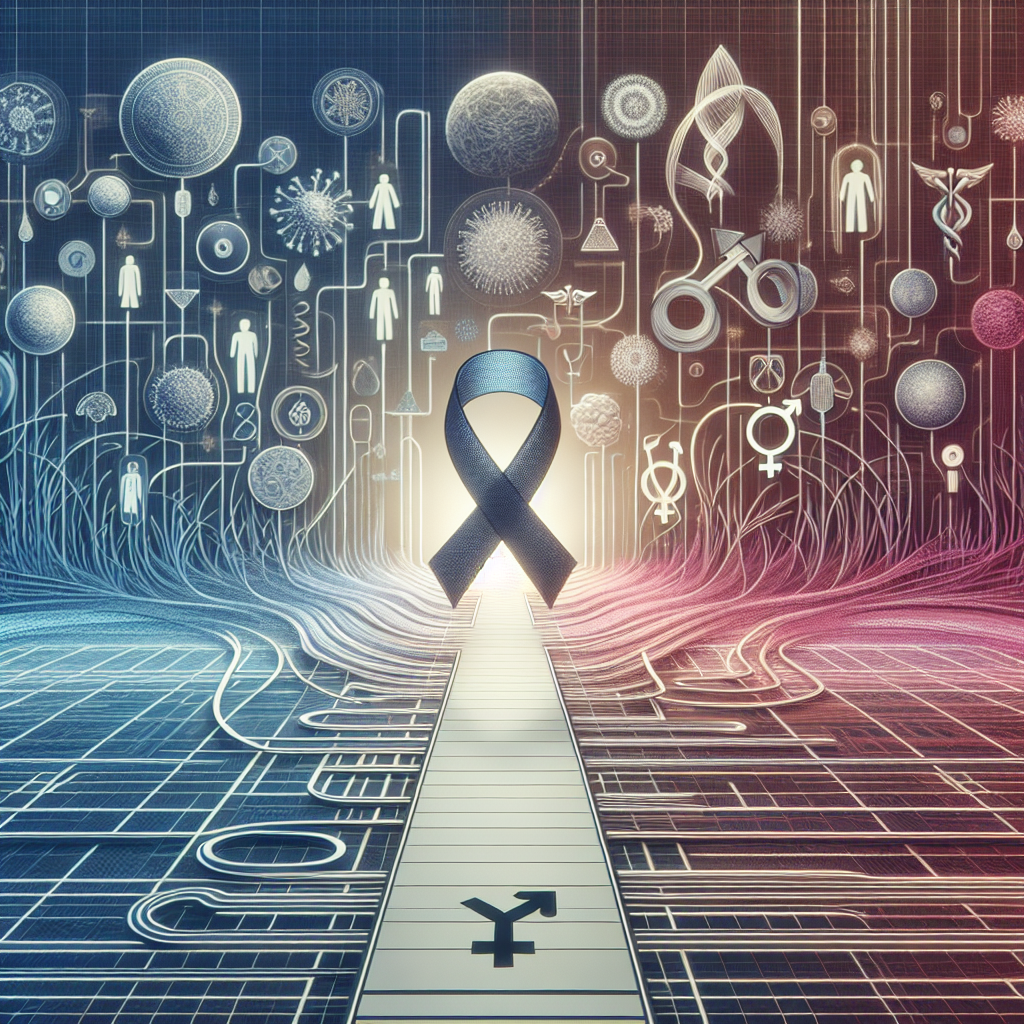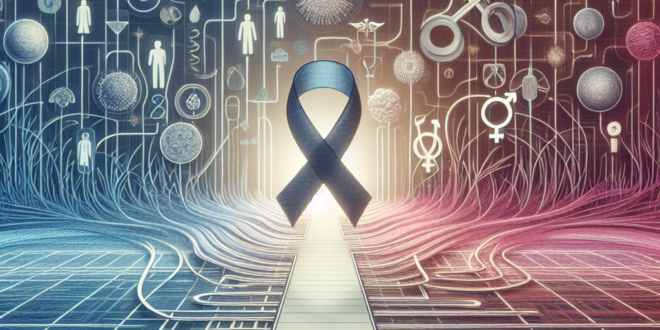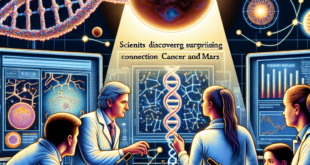Cancer is a complex and difficult disease that affects every aspect of a person’s life, including their sexuality. Navigating the intersection of cancer and sexuality can be challenging, but it is an important aspect of overall well-being and quality of life for those affected by the disease.
One of the key challenges of dealing with cancer and sexuality is the impact of cancer treatments on the body. Many cancer treatments, such as chemotherapy, radiation therapy, and surgery, can cause changes in the body that affect sexual function and desire. For example, chemotherapy and radiation therapy can cause fatigue, nausea, and hair loss, all of which can impact a person’s sense of self-confidence and body image. Surgery, especially surgery involving the reproductive organs, can also have a significant impact on sexual function.
In addition to physical changes, cancer can also have a profound emotional impact on sexuality. The fear and uncertainty that often accompany a cancer diagnosis can create feelings of anxiety, depression, and loss of control, all of which can affect a person’s desire for intimacy and closeness. Furthermore, cancer can disrupt relationships and communication with partners, leading to feelings of isolation and disconnection.
Despite these challenges, it is possible for individuals affected by cancer to navigate the complexities of cancer and sexuality in a way that promotes healing and connection. Here are some tips for managing the intersection of cancer and sexuality:
1. Communicate openly with your healthcare team. Your healthcare providers are there to support you in all aspects of your cancer journey, including your sexual health. Be open and honest with them about any changes you are experiencing in your sexuality, and ask for their guidance and support.
2. Communicate openly with your partner. Cancer can create challenges in relationships, but open and honest communication with your partner can help you navigate these challenges together. Express your fears, desires, and concerns, and work together to find ways to maintain intimacy and connection.
3. Seek support from a therapist or counselor. Dealing with cancer and sexuality can be emotionally difficult, and it can be helpful to talk to a therapist or counselor who can help you navigate these complex feelings. They can provide support, guidance, and techniques for managing anxiety, depression, and other emotional challenges.
4. Explore alternative forms of intimacy. If physical changes from cancer treatments are impacting your sexual function, consider exploring other forms of intimacy with your partner, such as cuddling, kissing, and emotional connection. Remember that intimacy is not solely about sexual activity, but also about emotional closeness and connection.
5. Take care of yourself. Self-care is essential when dealing with cancer and sexuality. Prioritize activities that bring you joy, relaxation, and comfort, such as exercise, meditation, and hobbies. Taking care of your overall well-being can help you feel more confident and connected in your sexuality.
Navigating the complexities of cancer and sexuality can be challenging, but with openness, communication, and support, it is possible to maintain a sense of intimacy and connection during this difficult time. Remember that you are not alone, and that there are resources and support available to help you through this journey.

 Daily Horoscope Weekly Horoscope Monthly Forecast Love Career Life Astrology
Daily Horoscope Weekly Horoscope Monthly Forecast Love Career Life Astrology




